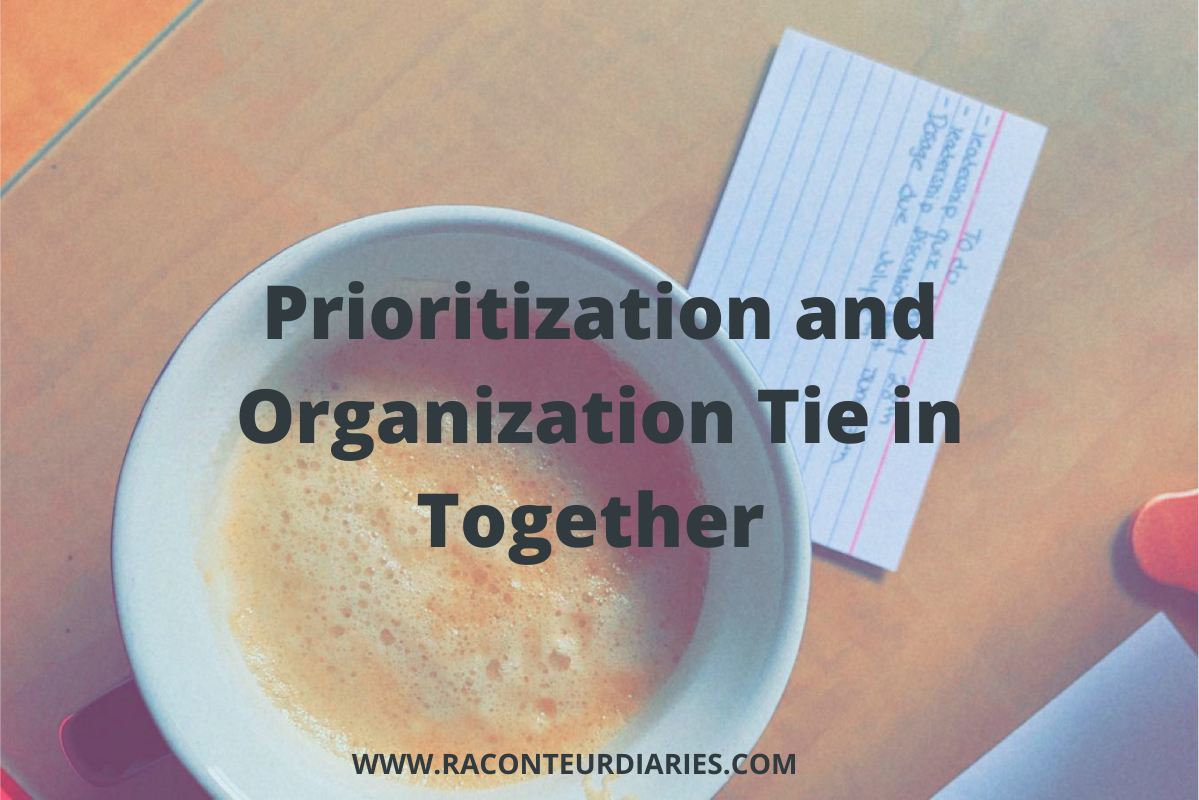I just want to say that Nursing school is worth every dime and every hour of your student life. But, of course, not literally every hour, but as a nursing student, expect to live and breathe Nursing school.
Nursing school isn’t something you enter into lightly; it’s a lifestyle change and a good one, too.
-Raconteur Diaries
Being a Nursing student has taught me to analyze myself wholly and honestly.
Here are the top 6 reasons why it is worth it and how nursing school will rebrand you:

1. Organization
If you thought you were organized before university, well, think again.
I was never the organized type of gyal, and I am still not, but I have become way better at it, which has significantly changed my life and will change yours, too.
I did not become as organized as I am today on my own, but with help from an academic strategist who I would meet with weekly for one hour.
Together we would go through my syllabus and organize all upcoming assignments and tests. I utilized this service which was paid for by bursaries, until my fourth year in Nursing school.
This is one of many funded services provided for students who are registered as having a learning disability. I will reveal more about this in an upcoming post.
It will become a daily routine to check the blackboard and your school email.
It’s very beneficial for you to create professional relationships with other students in your class, especially in your clinical group.
You will learn very quickly that a part of the organization is communication. Make sure to get clear instructions from your instructors in both labs and clinical settings.
I cannot stress this enough but make friends!!
They will help you stay on top of your -ish; trust me, you are never alone. We are all confused, haha.
2. Prioritization
Prioritization & organization tie in together, but I wanted to gaze your attention.
Prioritization in nursing means you may have to reorganize your original daily plan.
This is because healthcare is very unpredictable, and patient’s conditions can change drastically.
Patients can be discharged early, death is possible, and doctors may order STAT medications or new interventions for a patient.
Assignments!
Like organization, prioritization will be taught to you early on through assignments, such as the Nursing Care Plan, Daily Organization Plan, preclinical preparations, airway, breathing, circulation (ABC), and the nursing process.

3. High Standards
There’s girl code, bro code, but nothing compares to the nursing code of conduct and practice standards.
It’s easy to remember the 6 conduct principles and practice standards, but understanding them and putting them into practice will take… well.. practice.
Everything will fall into place with time and experience, and you will quickly begin to see a change in your thought process. Eventually, you will have that “Wow” moment, and it will be unique, and there will be many more “wow” moments, I promise.
Over time you will begin to see a rebranding of yourself as a student and future health care provider. At first, things will seem scary, and you will be reminded by instructors and professors. To show leadership, stand in confidence with what you know, and stop second-guessing yourself all the time.
The CNO 2002 professional practice standards will be a crucial component in your rebranding from student to professional.
To learn more about these practice standards visit: https://www.cno.org/globalassets/docs/prac/41006_profstds.pdf
The 6 principles of the code of conduct are more character-based and another essential branding tool.
To learn more visit: https://www.cno.org/globalassets/docs/prac/49040_code-of-conduct.pdf
4. Emotionally and Mentally Stimulating
A part of being a nursing student is being put into uncomfortable situations for the first time, many times.
The clinical and lab settings are very stimulating in a good way. You will experience survival emotions such as fear, stress, and anxiety. Still, eventually, you will adapt to feeling these negative emotions in uncertain situations and act out of pure instinct.
These emotions won’t completely disappear, but they are human nature; instead, you will become more emotionally and mentally stable over time.
Nursing will teach you to think, react and communicate.
Students are put into stimulating settings purposely, but there will always be a debrief at the end. This is your opportunity, to be honest about your thoughts and feelings.
In addition, debrief is a great chance to clear up knowledge you are unsure of and receive advice from instructors and students. In my experience, I found that I learned a lot more from debriefs.

5. Doubt Is Normal, so we Exercise Critical Thinking!
It is easy to become discouraged in the nursing program because we doubt ourselves.
This is because we are evaluating our own knowledge and comparing it to the person next to us. You may not realize it at first, but everyone does it.
Think about it, when the professor asks a question with a right or wrong answer, quickly, everyone will go silent.
This is a sure sign of doubt because you’re waiting for somebody you believe is more competent than yourself to come up with the correct answer.
We fear looking “stupid” and fear being wrong because we have high expectations of ourselves and even higher expectations of others.
Here is the thing, doubt is normal.
In nursing, we learn how to think critically. This is why we have systems and create mnemonics to remember these systems such as ADPIE which stands for assessment, planning, intervention, and evaluation. (Tip: Utilize ADPIE throughout the nursing school to evaluate your own progress).
To further support our decision-making, nurses take vital signs, subjective and objective data, and work with team members who double-check for control drugs before administration (i.e. insulin).
Critical thinking comes in handy, mainly because students are novice learners. It is generally expected that we are scared and uncertain in the clinical setting.
Learning how to critically analyze is an essential skill for all nurses.
This skill aids in making swift educated decisions such as discontinuing an IV first if a patient has an adverse reaction to the medication.
Being able to distinguish expectations from unexpected outcomes helps us to become more independent and confident in ourselves. Therefore, try to always know at least three expected results and 3 unexpected outcomes.
The same goes for illnesses/diseases; recognizing common complications from uncommon complications can make the difference between life and death.
It will be a slow process, but as time goes on, you’ll be able to make quick connections.
This will become second nature to you.
Most importantly, knowing your stuff, even the most essential things, makes all the difference.
For example, recognizing hypotension or low blood pressure, some signs include nausea, lightheadedness, dehydration, blurred vision, pale skin, and solidifying your findings.
6. A Career Full of Opportunities
Nursing is a challenge and adventure.
-Raconteur Diaries
Nursing is a career full of opportunities because there are so many lanes that can be pursued. Therefore, it was vital for me to go into a field that would allow me to be flexible and explore.
I believe that people who are unsure of the career path they want to commit to should consider the lifestyle they want to live and their personality.
If you are on the fence about whether or not you want to pursue nursing as a career, consider visiting www.careercruse.com because there are many amazing careers out there. And if you want to get to know yourself better, check out www.16personalities.com.
Self-discovery is the first step, and once you do this, cross out the careers or characteristics that do not fit you and list five that seem interesting to you.
Next, do a Google search and look up the duties of that profession, salary, and then line up at least three things you desire out of life (i.e. travel, family life, and a suburban house).
The content we consume on social media can make us believe that we all need to be entrepreneurs, doctors, lawyers, and YouTubers.
The world is not rainbows and sunshine, sometimes it rains, and sometimes it is dry, AF. It’s ultimately up to you to choose what weather you want to live by.
I went a bit off-topic. So let’s gear back to nursing.
So why nursing, we ask…
Nursing is who you are inside, not who they expect you to be.
-Raconteur Diaries
Well, nursing is a challenge and adventure. I like to think of nurses as a patient’s best friend who is visiting for a while. We are caregivers, counselors, and importantly we are advocates.
We must be compassionate and put our patients and their families at the center of all decisions made.
It is a responsibility to keep composure, and as a nurse, you will learn how to put a smile on your face even when times are hard. In addition, you will learn how to comfort others, even when you need comfort.
A career that involves working closely with others may seem intimidating and draining, especially for an introvert like myself. Still, we learn how to adapt, and that is a strength gained from nursing, adaptation.
Nurses are not heroes. We are people, too. Nurses are essential, just like many other professions, regardless of educational accomplishment.
Nursing is who you are inside, not who they expect you to be. So expect to have tearful days and happy days. Never let anyone tell you that you are not smart enough to be a nurse because they are wrong.
Best of luck.

~This is Raconteur Diaries~
#DeadFlowersBloomToo
